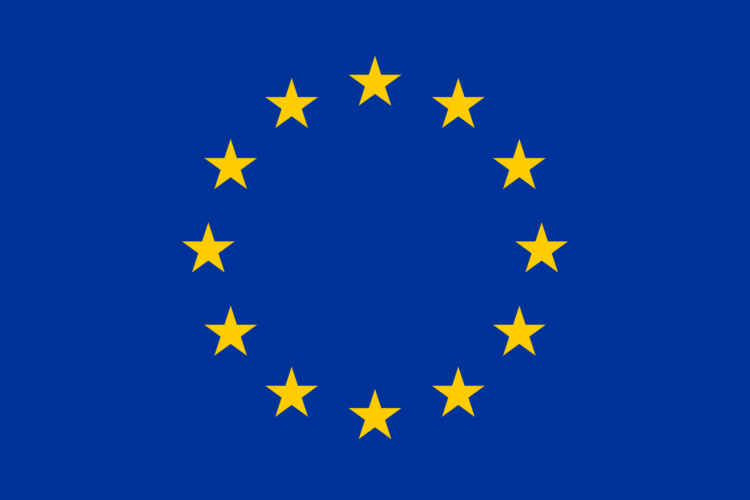By Gavin Mackintosh
The EU is charging the UK with a £1.7m bill for loss of revenues arising from alleged fraudulent custom duties evasion.
According to the allegation, the UK failed to stop Chinese criminal gangs in the city from peddling fraudulent deals in order to evade customs duties.The European Action Fraud Office found that clothes and shoes were imported through the UK at “fictitiously low values for years.
The office found that the UK has been a significant hub for so-called undervalued fraud where importers can profit from evading customs duties and relaxed taxes.
FAKE INVOICES
Fake invoices have been used to undervalue goods imported from China heading for the black market and other parts of the EU, investigators claim. Investigators say they have lost £1.7bn in duties between 2013 and 2016, and that 79.1 percent of the £89.2 percent losses in customs duties for the EU budget was.lost though UK importation.
WARNING
What makes the EU claim appear strong is their claim to have warned the UK government a number of.times and they did nothing about.it. If the claim is true, the UK government may be found wanting here.
The government will need to show that it did its best to address the problem to have a valid defence.The H.M.R.C for the UK dispute the calculations and say it is not a bill, but a sum allegedly reflecting losses from custom duty evasion and taxes.
COURT CASES
The H.M.R.C says they do their best to tackle fraud and are currently engaged in 550 court cases in relation to feud charges in relation to importation. The UK therefore completely rejects the charges, which will inevitably lead to a showdown dispute that will entertain the world but risks plunging Brexit talks into an absolute disaster.
The dispute will probably have to be settled in an EU court, but.it.will be wiser for both the EU and the UK to evaluate the dispute intelligently and objectively, before the judges decide which claim stands up in EU law.

